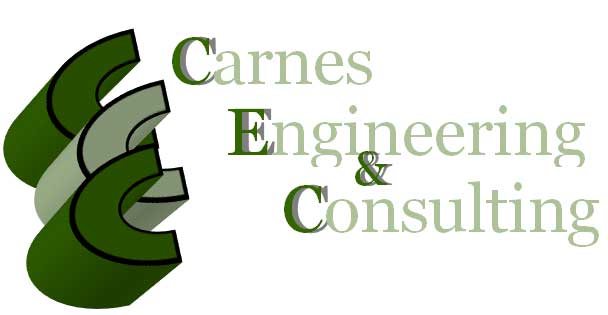When planning to build a home or install a septic system in Reno, Nevada, one of the most critical steps is ensuring your property can handle wastewater effectively. This often involves conducting a water percolation (perc) test to evaluate the soil’s ability to absorb water. While some property owners may consider conducting this test themselves, hiring an expert civil engineer ensures accuracy, compliance, and peace of mind.
Here’s why choosing a qualified civil engineer in Reno for your water perc test is a smart investment, along with the pros and cons.
Why a Perc Test Matters
A percolation test determines how quickly water drains into the soil. This is vital for designing an efficient and safe septic system, as improper drainage can lead to environmental contamination, water pooling, or system failure. Given Reno’s unique soil compositions—ranging from sandy loam to clay—it’s essential to have a professional who understands the local terrain.
Pros of Hiring a Civil Engineer
- Expert Knowledge of Soil Types
Reno’s varying soil types can significantly impact the accuracy of a perc test. A civil engineer’s expertise ensures proper analysis of soil conditions, which is critical for septic system design and regulatory approval. - Compliance with Local Regulations
Nevada has specific guidelines for septic systems and percolation testing. Hiring a certified civil engineer ensures compliance with local and state regulations, avoiding potential fines or delays in your project. - Accurate Results
Civil engineers use advanced tools and methodologies to provide precise results. Their experience reduces the risk of errors that could lead to costly septic system failures. - Customized Solutions
If your soil conditions are challenging, an engineer can recommend alternative solutions, such as engineered drainage systems or advanced treatment technologies. - Liability Protection
By hiring a licensed professional, you shift the responsibility for any errors in the test to the engineer, providing an added layer of protection. - Time Efficiency
A professional can complete the test quickly and efficiently, helping to keep your project on schedule.
Cons of Hiring a Civil Engineer
- Higher Costs
Hiring a professional civil engineer may be more expensive than attempting to conduct the test yourself. However, this upfront investment can save significant money in the long run by avoiding system failures or rework. - Potential Scheduling Delays
Depending on demand, you may have to wait for an engineer’s availability, which could delay your project timeline. - Overkill for Simple Projects
In some cases, a straightforward perc test might not require the expertise of a civil engineer, especially for small-scale or less-regulated projects.
Why Choose a Local Civil Engineer in Reno?
A local engineer is familiar with the Reno area’s specific soil conditions, water tables, and environmental factors. They are also well-versed in Washoe County’s regulations, ensuring that your test meets all requirements. Additionally, their relationships with local permitting offices can help streamline the approval process.
Conclusion
While conducting a perc test yourself might seem like a cost-effective option, the expertise and reliability offered by a professional civil engineer are invaluable. From accurate results and regulatory compliance to tailored solutions for challenging conditions, hiring an expert ensures that your project proceeds smoothly and successfully.
If you’re planning a project in Reno, consider consulting a local civil engineer to handle your water perc test. The investment will provide peace of mind and a solid foundation—literally—for your property’s future.

